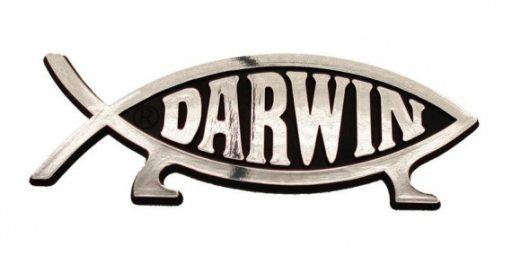ACADEMIC NAVEL GAZING
Invisible Adjunct has an interesting post about how, because of the proliferation of academic journal articles, most scholars are hyper-specializing to the point of scholasticism.
It is rather insane. I think this phenomenon is partly a function of the increase in the number of schools that happened in the 1960s to accomodate draft dodgers the increased thirst for knowledge of that era and partly due to the fact that even the “teaching schools” now expect their professors to publish. As a result, there are now dozens of journals in fields that used to have a mere handful.
We are at the point where virtually no one in academe can really be considered an expert on much of anything, I think. As I used to tell my students, as each month passed I knew less as a percentage of everything I should know than the month before. There is simply too much coming out–most of which I don’t even know about–to possibly read. Indeed, there are scores of political science-related journals that I have never seen, and some I have never heard of.
Ironically, I actually am better steeped in the political science literature now than I was when employed as an academic. I used to read articles almost exclusively in support of my teaching or specific research projects I was working on. Now, I have virtually unlimited funding to subscribe to journals and can at least peruse all of them to find articles that interest me.






I think the expansion of higher ed. was to accommodate the growing numbers of potential students: i.e., the baby boomers. We now face declining enrollments because of lack of boom. In other words, the demand comes from the “consumers.”
But I also believe the overproduction of overspecialized articles stems from the overproduction of PhDs: graduate programs continue to produce PhDs as though the expansion of the 60s were still in effect, which is clearly not the case.
Sputnik. It was Sputnik.
And this debate echoes what I’ve said elsewhere. In my own posts about the “perestroika” group, and prmpted by a challenge from James, I admitted that my field’s premier journal publishes an unbelievable amount of useless crap and the modal citation rate for any given article is zero.
There is too much writing in academia and not enough thinking (a point I also made in relation to my “fetish for counter-intuitive results” comments and posts at the Invisible Adjunct and elsewhere). Most books should be articles and most articles should not be written.
“the modal citation rate for any given article is zero.”
Exactly. It sometimes looks like a massive make-work project for academics. But now that publish or perish is the order of the day, don’t look for less writing and more thinking any time soon.
As a professional writer by trade, I’m appalled at the amount of horrendously dense, obscure, bad writing there is in journals, even journals in mass communication. I understand that academics are writing for a highly trained audience. But even a highly-educated audience shouldn’t have to cut through forests of compound-complex sentences larded with academese to get to the point of an article.
My theory on this particular form of bad writing is that it is a subtle way to pad the length of a paper. Rather than come up with more useful information, academics will lengthen their sentences and pad their paragraphs with five-syllable words.
On the issue of PhDs, this is an inevitable result of the greater insistence on bachelors degrees for today’s workforce. The more bachelors degrees you hand out, the more desirable is a masters degree, and so on. When I first went to school in mass comm in the mid- to late-80s, no one in our department talked about graduate school. Today, more than half of the students in our small program talk about going to get a masters.
—